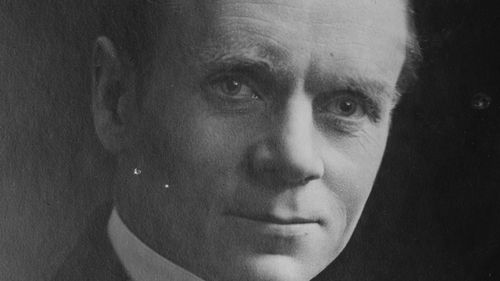How A British Intellectual's Big Mistake Helps Us See The Future
Sep 08, 2023 · 3 mins read
0
Share

Part 1
In 1909, English intellectual Normal Angell published a pamphlet that sought to dispel the “relic” idea that rich countries had to go to war and expand their territories.
Save
Share
It is wealth rather than raw power that matters, he said. Wealth is dependent on commerce, not on land or physical resources. If you invade a country, you do not suddenly get all the value of its trade.
Save
Share
“For a modern nation to add to its territory”, Angell writes, “no more adds to the wealth of the people of such nation than it would add to the wealth of Londoners if the City of London were to annex the county of Hertford.”
Save
Share
In a complex and interconnected global system, war makes no sense, Angell argued. Only weak states wage offensive war, to buttress the regime’s power and disguise domestic disunity and fragility.
Save
Share
In the 1910s, the world had never been more peaceful, prosperous, or connected, Angell noted in his book The Great Illusion (1910). Therefore, a world war would be stupidest thing.
Save
Share
Angell admitted that nations go to war “when their blood is up”, or for some moral reason that has nothing to do with material conditions. It’s to restore lost pride or reverse a humiliation.
Save
Share
But Angell did not see just how irrational humans can be. Within a few years of his book, a small spark led to the unparalleled carnage of WW1. Twenty years later, millions more died in another great conflagration.
Save
Share
In 2013, on the eve of the centenary of the eve of WW1, The Economist noted the eerie parallels between today’s ever-closer economic interdependence and the period prior to 1914.
Save
Share
Perhaps we have taken on an Angellian mindset, The Economist said, and were too complacent?
Save
Share
Only a couple of months later Vladimir Putin’s Russian army seized Crimea in sovereign Ukraine in a land grab reminiscent of Hitler or Stalin.
Save
Share
0